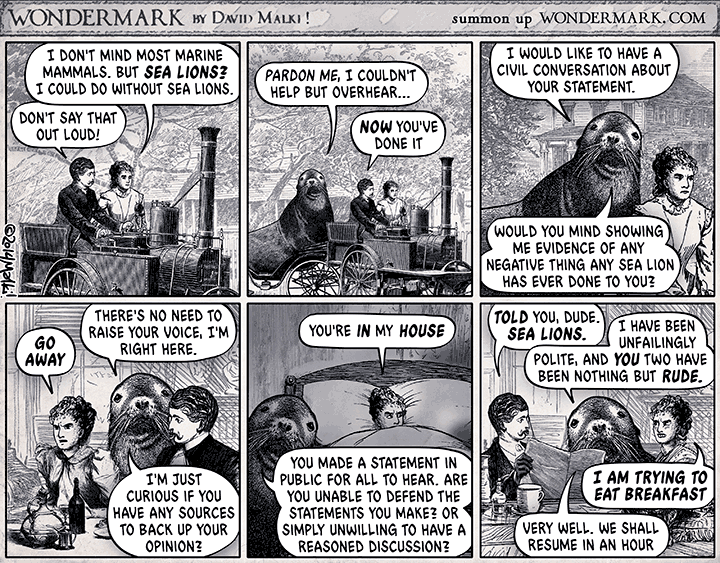(Well that’s a heading I never expected to write.)
Over the last few months, I’ve had a little itch on the group and I’ve not been able to put my finger on it until very recently. It started in quite a familiar way with a bit of judgement here, a bit of tone policing there… and then suddenly, I found myself, and the team, discussing nuance, and intention, and regularity with much more concern and intensity than we had ever done before.
Fortunately, within our community, our members are a really decent and kind bunch. The vast majority of MOLOs adopt and uphold our ethos of being non-judgemental, kind, and supportive to each other. It’s something that really makes The Motherload® community unique; the unwavering support for another mother in a time of need.
The persistent, constant requests and questions
Occasionally however, we will find the odd little comment that probes, or jabs at an original poster (OP), or one of the commenters – that feigns innocence but is subtly judgemental. “I don’t understand this at all, can someone explain this to me 😂?”, or “This is so bizarre! Why would you do this? 😊”. On the face of it, there is nothing much wrong with those comments, right? But there is a niggle. An itch. Something that just feels like that those little innocent comments get under our skin for some reason that we can’t articulate. And sure enough, the commenter continues on, and on. “Do you have any evidence for this, links – resources?” and “I’m afraid you haven’t answered my questions, but I’m finding your replies rude when I’m trying very hard to be polite”. And on it goes.
That’s sea-lioning.
What is the definition of sea-lioning?
I’ve recently looked into this behaviour after a member mentioned it on a thread and it was like a lightbulb moment. The definition of sea-lioning is similar to Dunning-Kruger Effect, which is a psychological effect where people believe that they know more about a subject, or have a higher ability at something than they actually do. Sea-lioning is the ‘innocent’ and technically reasonable but persistent questioning of someone, usually online, to the point of fatigue. It’s done in the hope of exposing their opponents lack of knowledge or evidence, and therefore succeeding as the superior within the argument as the other backs down, weary of the bombardment.
Where does the term ‘Sea-lioning’ originate?

The term originates from this cartoon above, called ‘The Terrible Sea-lion’ by David Malki for Wondermark. It depicts a sea-lion who appears after a woman makes a disparaging remark about sea-lions, as he persistently questions her remark and asks her to provide evidence to back up her statement, in the name of good-faith and civil conversation.
Latest articles from The Motherload® Bloggers:
- Budget-Friendly Tech: Maximising Your Gadgets Without Breaking the Bank
- The Messy Mom Home Guilt
- Accessories For Every Season – Adapting Your Style To The Weather
- Can You Make Your Home More Family Friendly?
- 6 Tips to Survive Mum-Guilt Mornings
So how does that translate to parenting groups?
There are many topics that are notoriously controversial within parenting communities. Feeding choices, breast v formula, sleep routines or deprivation, rear or front facing car seats, attachment and gentle theories, and the list goes on. On our group, we don’t often see arguments as such, but rather we have noticed a pattern of behaviour whereby a particular member will comment, not once, not twice, but repeatedly on a thread. As the initial approach and continued onslaught is reasonably written, it’s hard to pinpoint the moment it becomes uncomfortable. The result is that the comments antagonise and cause others to feel defensive of their choices, or comments. When confronted, the sea-lion hides behind a wall of good-faith and innocence with remarks like “I was only offering my opinion!” or “I just wanted to help!” and ultimately, “I feel bullied for asking a simple question”.
We have also seen a rise in the number of people asking for certain topics, or discussions to be effectively removed, or banned on the group because they incite disruptive, unsupportive comments. And we are talking about normal, parenting related issues here; breastfeeding, sleep deprivation, mental health triggers. If we can’t discuss these topics openly, and candidly, how do we learn from each other to make the best decisions for our families? This act of policing parenting communities is widespread and often effective, as members shy away from topics that they know will attract the behaviour and therefore they become less engaged.

Tone Policing
Tone policing often follows sea-lioning, as people react to the initial probing and a debate, sometimes heated, ensues as emotions start to rise. Passion is often disregarded as anger and defensiveness as ‘upset’, when in fact, these are natural, valid reactions to a stranger continuously probing your advice, choice, and demanding – so nicely – evidence, over and over again. “Calm down, I was only asking a question” is a familiar example of tone policing on hot threads, as emotions increase and the discussion turns to furious debate. “There’s no need to get upset, I was being polite”.
“I’m entitled to my opinion”… or am I?
On The Motherload®, we ask members to scroll by a topic that they feel they don’t agree with, or is irrelevant to their own parenting choices and most do, in order to constructively add elsewhere to a topic that does interest them. “We all have an opinion” or “it’s a free country, I can say what I think” are two of the most often dropped comments to those who are reminded of this policy on threads. It’s intrigued me for some time that those who comment the most provocatively use this as their defence, pretty much guaranteed every time. On one hand, they are right; we do all have opinions and we do have the desire to express them. But when we don’t know the recipient further than both being part of the same online community, is the net effect to help, or is it to provoke? Is the desire to express our opinion more about our need to be superior, or to simply share a thought?

A complex issue for moderators
It’s a complex issue that is hard to moderate too; where do we draw the line between potentially informative debate, and sea-lioning which is impacting on our community? Sharing information is important, and asking for resources shouldn’t be something we stop. So where do we, as a team, jump in and decide that the comments and questioning have tipped the balance? It’s a tough one that we are still working out – but needless to say, we trust that itch, that uncomfortable scratch to make the right moderation decision for the benefit of all.
Have you experienced sea-lioning? We’d love to hear more in the comments.
For more blogs by our Founder, Kate Dyson, check out the Blogzine.



No comments yet. Be the first one to leave a thought.